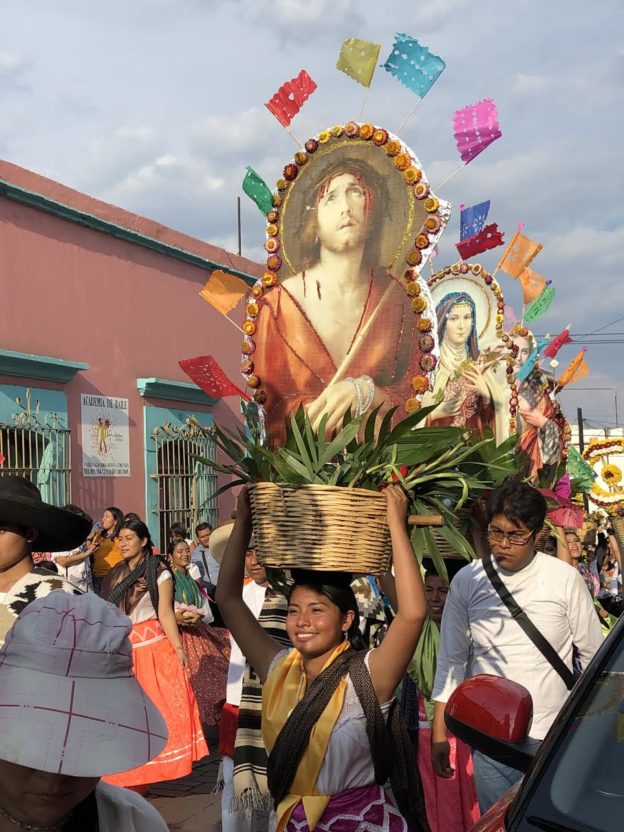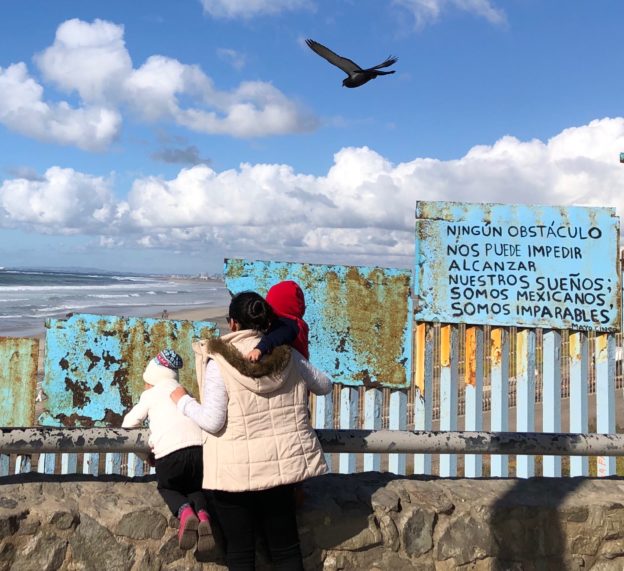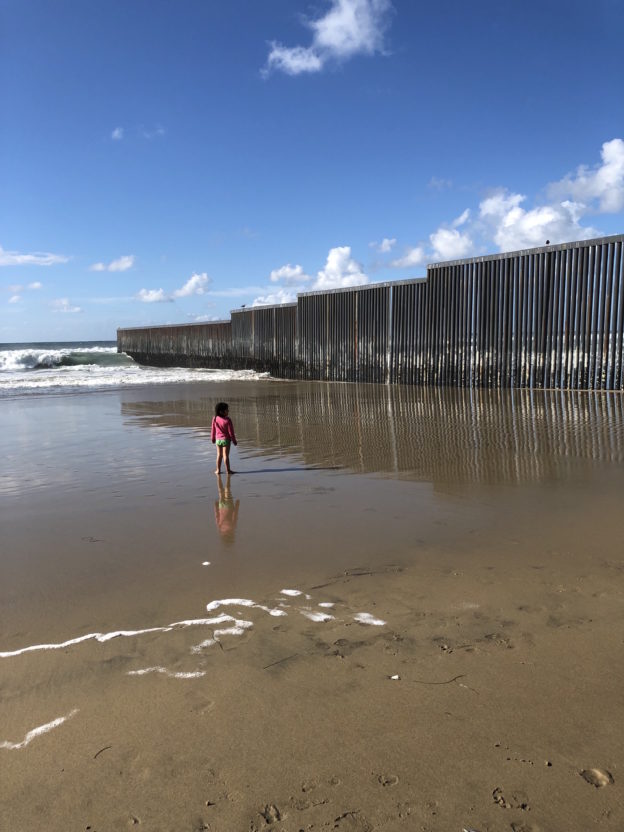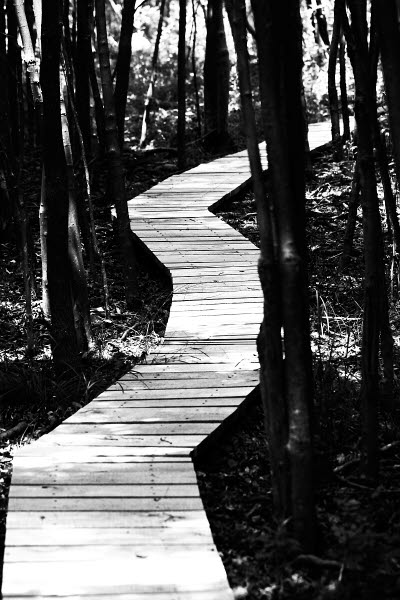
20 August 2018
Letter to the Armenian Prime Minister, Minister of Interior, Minister of Justice, Minister of Diaspora Affairs, Armenian political parties, and global Armenian organizations:
(Press release here.)
The recent attack on nine people, among them LGBT activists, in the village of Shurnukh in the Syunik region of Armenia reflects a disturbing and persistent pattern of hatred and discrimination against the Armenian LGBT community. Reportedly, the police have launched an investigation, questioned the victims and detained several suspected attackers on 3 August, releasing them the next day, but apparently have not brought charges against anyone. It is particularly disturbing that at least one member of parliament, Gevorg Petrosyan, from the Tsarukyan Faction, called forthe expulsion of LGBT persons from Armenia on his Facebookpage. While the statement of the Office of the Human Rights Defenderwas a welcome gesture, alone it is insufficient.
The Armenian government urgently must address the policies, laws and social and political climate that continue to foster intolerance and violence against the LGBT community of Armenia. Without a clear plan for legislative and policy reform and education, such attacks will continue and the Armenian government will have failed to protect the LGBT community from violence and discrimination.
The law in Armenia fails to provide equal rights to LGBT persons in Armenia (see statement from Amnesty International). Armenian law does not prohibit discrimination against LGBT individuals in employment, housing, or social benefits, nor does it sanction as hate crimes attacks against LGBT persons. The new government of Armenia has brought hope to many around the world that there will be true reform in the country to address issues of transparency, fairness, and equality. Reforms in the LGBT arena should be part of this promise for a new age. Outdated and false justifications based on “religion”, “culture” and “values” can no longer cover for hatred, violence and intolerance against Armenian LGBT persons.
We call on the Armenian government:
* to establish an agenda and timetable for legislative reform to grant LGBT persons in Armenia equality under the law;
* to propose a plan to promote tolerance and respect throughout society for LGBT persons, including through the issuance of public statements and the establishment of a public education program;
* to issue a statement condemning all attacks against LGBT persons and a commitment to investigating and punishing perpetrators and providing protection for LGBT persons.
We call on Armenian political parties to clearly express their support for such a reform agenda and plan, and to issue their own condemnations of attacks against the LGBT community. Every Armenian voter is entitled to know where each party stands on these issues.
We call on international Armenian organizations, including Armenian churches of all denominations, to clearly express their support for such a reform agenda and plan, and to issue their own condemnations of attacks against the LGBT community. Every Armenian around the world who supports these organizations deserves to know where they stand on these issues.
Signatories
Armenian Progressive Youth NGO (Armenia)
Association Hyestart (Switzerland)
Charjoum (France)
Collectif de Soutien aux Militants Arméniens Jugés à Paris (France)
GALAS (Gay and Lesbian Armenian Society) (U.S.)
Nor Zartonk (Turkey)
PINK Armenia (Armenia)
Women’s Resource Center (Armenia)
Women’s Support Center (Armenia)
Lena Adishian; Nancy Agabian; Liana Aghajanian; Lara Aharonian; Areg Anjargolyan; Michelle Andonian; Michael Aram; Nora Armani; Sophia Armen; Mika Artyan; Sevag Arzoumanian; Sebouh Aslanian; Anna Astvatsaturian-Turcotte; Dr. Arlene Voski Avakian; Sona Avakian; Manuk Avedikyan; Leslie Ayvazian; Dr. Art Babayants; Miganouche Lucy Baghramian; Sarkis Balkhian; David Barsamian; Anthony J. Barsamian; Nanore Barsoumian; Houri Berberian; Vahe Berberian; Paul Boghossian, FAAAS; Eric Bogosian; Chris Bohjalian; Haig Boyadjian; Deanne Cachoian-Schanz; Hovig Cancioglu; Talar Chahinian; Patricia Constantinian; Sylvia Dakessian; Tad Demir; Andrew Demirjian; Adrineh Der-Boghossian; Silvina Der Meguerditchian; Ani Eblighatian; Lerna Ekmekcioglu; Dahlia Elsayed; Ayda Erbal; Shant Fabricatorian; Linda Ganjian; Lenna Garibian; Houry Geudelekian; Yeriche Gorizian; Rachel Goshgarian; Veken Gueyikian; Dr. Kaiane Habeshian; Maral Habeshian; Avedis Hadjian; Nonny Hogrogian; Mamikon Hovsepyan; Rafi Hovsepyan; Tamar Hovsepian; Arminé Iknadossian; Asthghik Iknatian, MS, CRC, LCPC; Dr. Armine Ishkanian; Rupen Janbazian; Audrey Kalajian; Makrouhi Kalayjian; Ani Kasparian; Nina Katchadourian; Olivia Katrandjian; Nora Kayserian; Nishan Kazazian, AIA; Alice A. Kelikian; Shushan Kerovpyan; Virginia Pattie Kerovpyan; Vivan Kessedjian; Amy L. Keyishian; Harry Keyishian; Michelle Khazaryan; Kyle Khandikian; David Kherdian; Anna Spano Kirkorian; Taline Kochayan; H. Lola Koundakjian; Nancy Kricorian; Susan Kricorian; Anaid Krikorian; Stephanie Kundakjian; Helen Makhdoumian; Marc Mamigonian; Shahe Mankerian; Christina Maranci; Elodie Mariani; Jeannie Markarian; Armen Marsoobian; Alina Martiros; Maro Matosian; Anna Mehrabyan; Markar Melkonian; Astghik Melkonyan; Sonia Merian; Ara H. Merjian; Takouhie Mgrditchian; Oksana Mirzoyan; Tro Momajian; Mark A. Momjian, Esqu.; Rachel O. Nadjarian; Carolann S. Najarian, MD; Arthur Nersesian; Marc Nichanian; FIlor Nighoghosian; Aline Ohanesian; Dr. Janice Dzovinar Okoomian; Norayr Olgar; Sevana Panosian; Hrag Papazian; Susan Pattie; Natalie Samarjian; Karineh Samkian; Caroline Saradjian; Alex Sardar; Nelli Sargsyan; Razmik Sarkissian; Aram Saroyan; Judith Saryan; Audrey Selian; Elyse Semerdjian; Anna Shahnazaryan; Lori A. Sinanian; Thomas Stepanian; Vahe Tachjian; Anoush F. Terjanian; Dr. Anita Toutikian; Scout Tufankjian; Anahid Ugurlayan; Hrag Vartanian; Dr. Nicole Vartanian; Armen Voskeridjian, MD; Chaghig Minassian Walker; Raffi Joe Wartanian; Sarah Leah Whitson; Anahid Yahjian; Laura Yardumian; Grigor Yeritsyan; Michael Zadoorian; Laura Zarougian; Lena Zinner, UCSD ‘18
Armenian:
20 Օգոստոս 2018
Բաց նամակ Հայաստանի վարչապետին, Հայաստանի Հանրապետության Ոստիկանապետին, Արդարադատության նախարարին, Սփյուռքի նախարարին, Հայաստանի քաղաքական կուսակցություններին և միջազգային հայկական կազմակերպություններին.
Հայաստանի Սյունիքի մարզի Շուռնուխ գյուղում վերջերս տեղի ունեցած հարձակումը ինը հոգու վրա, որոնց մեջ կային ԼԳԲՏ ակտիվիստներ, ԼԳԲՏ համայնքի նկատմամբ ատելությունը և խտրականությունը պատկերող անհանգստացնող և ցայտուն օրինակ է: Համաձայն հաղորդման՝ ոստիկանությունը հետաքննություն է սկսել, ըստ որի օգոստոսի 3-ին հարցաքննել է զոհերին և ձերբակալել է մի քանի կասկածյալների և հաջորդ օրը ազատ է արձակել նրանց, սակայն, ըստ երևույթին որևէ մեկին մեղադրանք չի ներկայացվել: Մասնավորապես մտահոգիչ էր այն, որ Ազգային ժողովի պատգամավոր Գևորգ Պետրոսյանը (Ծառուկյան դաշինքից)իր ֆեյսբուքյան էջում կոչ է արել Հայաստանից հեռացնել ԼԳԲՏ անձանց : ՉնայածՄարդու իրավունքների պաշտպանի գրասենյակի հայտարարությունըշատ ողջունելի ժեստ էր, սակայն միայն դա բավարար չէ:
Հայաստանի կառավարությունը պետք է շտապ քայլեր ձեռնարկի այն քաղաքականության, օրենքների և սոցիալ-քաղաքական մթնոլորտի փոփոխման ուղղությամբ, որոնք շարունակում են խթանել Հայաստանի ԼԳԲՏ համայնքի նկատմամբ անհանդուրժողականությունն ու բռնությունը: Առանց հստակ օրենսդրական, քաղաքական բարեփոխումների և կրթական ծրագրի, նման հարձակումները կշարունակվեն և Հայաստանի կառավարությունը չի կարող պաշտպանել ԼԳԲՏ համայնքը բռնությունից ու խտրականությունից:
Հայաստանի օրենսդրությունը չի ապահովում Հայաստանում ԼԳԲՏ անձանց հավասար իրավունքներ (տես՝ Amnesty International- ի հաշվետվությունը): Հայաստանի օրենսդրությունը չի արգելում խտրականությունը ԼԳԲՏ անձանց նկատնամբ աշխատանքի, բնակարանային կամ սոցիալական նպաստների հարցերում, ինչպես նաև չի սահմանում որպես ատելության հիմքով իրագործված հանցագործություն (hate crime) ԼԳԲՏ անձանց նկատմամբ իրականացված հարձակումները: Հայաստանի նոր կառավարությունը շատերին հույս է ներշնչել, որ երկրում կլինեն իրական բարեփոխումներ թափանցիկության, արդարության և հավասարության հարցերի շուրջ: ԼԳԲՏ հիմնախնդիրների բարեփոխումները պետք է լինեն այս նոր խոստումների մի մասը: «Կրոնի», «մշակույթի» և «արժեքների» վրա հիմնված հնացած և կեղծ հիմնավորումներն այլևս չեն կարող քողարկել ատելությունը, բռնությունն ու անհանդուրժողականությունը Հայաստանի ԼԳԲՏ անձանց նկատմամբ:
Մենք կոչ ենք անում Հայաստանի կառավարությանը.
- սահմանել օրենսդրական բարեփոխումների ժամանակացույց և օրակարգ, որպեսզի ԼԳԲՏ անձանց տրամադրվի օրենքով սահմանված հավասար իրավունքներ.
- առաջարկել ծրագիր, որը կնպաստի ԼԳԲՏ անձանց նկատմամբ հասարակության մեջ հանդուրժողականությանն ու հարգանքի խթանմանը՝ հրապարակային հայտարարությունների և հանրային կրթական ծրագրերի ստեղծման միջոցով.
- հանդես գալ ԼԳԲՏ անձանց դեմ ուղղված բոլոր հարձակումները դատապարտող և մեղավորներին հետաքննելու, պատժելու և ԼԳԲՏ անձանց պաշտպանելու պարտավորությունները կատարելու հայտարարությամբ:
Մենք կոչ ենք անում Հայաստանի քաղաքական կուսակցություններին հստակ արտահայտել իրենց աջակցությունը նման բարեփոխումների օրակարգին և ծրագրին, և դատապարտել ԼԳԲՏ համայնքի դեմ հարձակումները: Հայաստանի յուրաքանչյուր ընտրող իրավունք ունի իմանալ, թե ինչ դիրքորոշում ունի յուրաքանչյուր կուսակցություն այս հարցերի շուրջ:
Մենք կոչ ենք անում միջազգային հայկական կազմակերպություններին, ներառյալ բոլոր դավանանքների հայկական եկեղեցիներին, իրենց աջակցությունը ցուցաբերել նման բարեփոխումների օրակարգին և ծրագրին, և դատապարտել ԼԳԲՏ համայնքի դեմ հարձակումները: Աշխարհի յուրաքանչյուր հայ, որն աջակցում է այս կազմակերպություններին, իրավունք ունի իմանալ, թե ինչ դիրքորոշում ունեն նրանք այս հարցերում:
Ստորագրող կողմեր
«Հայ առաջադեմ երիտասարդություն» ՀԿ (Հայաստան)
Association Hyestart (Շվեցարիա)
Charjoum (Ֆրանսիա)
Collectif de Soutien aux Militants Arméniens Jugés à Paris (Ֆրանսիա)
GALAS (Gay and Lesbian Armenian Society) (ԱՄՆ)
Նոր Զարթոնք (Թուրքիա)
PINK Armenia (Հայաստան)
Կանանց ռեսուրսային կենտրոն (Հայաստան)
Կանանց աջակցման կենտրոն (Հայաստան)
(ստորագրողներիամբողջականցուցակը՝տեսանգլերենբնօրինակում)
French:
20 Août 2018
Lettre au Premier ministre arménien, au ministre de l’Intérieur, au ministre de la Justice, au ministre des Affaires de la diaspora, aux partis politiques arméniens et aux organisations internationales arméniennes :
L’agression récente perpétrée à l’encontre de neuf personnes, dont des militants LGBT, dans le village de Shurnukh, dans la province de Syunik en Arménie, s’inscrit dans un schéma inquiétant et persistant de haine et de discrimination à l’encontre de la communauté LGBT arménienne. Selon certaines informations, la police aurait ouvert une enquête, interrogé les victimes et détenu plusieurs agresseurs présumés le 3 août, les libérant le lendemain, mais n’a apparemment pas porté d’accusation contre quiconque. Il est par ailleurs inquiétant qu’au moins un député, Gevorg Petrosyan, du groupe parlementaire Tsarukyan, ait appelé à l’expulsion des personnes LGBT d’Arménie sur sa page Facebook. Si la déclaration du Bureau du Défenseur des droits de l’homme était opportune, elle n’est pas suffisante à elle seule.
Le gouvernement arménien doit en effet s’attaquer d’urgence aux politiques, aux lois et au climat social et politique qui continuent de favoriser l’intolérance et la violence à l’encontre de la communauté LGBT d’Arménie. Sans un plan clair de réforme législative et politique et d’éducation, ces agressions se poursuivront et le gouvernement arménien n’aura pas réussi à protéger la communauté LGBT de la violence et de la discrimination.
La législation arménienne ne prévoit pas l’égalité des droits pour les personnes LGBT en Arménie (voir la déclaration d’Amnesty International). Elle n’interdit pas la discrimination à l’encontre des personnes LGBT en matière d’emploi, de logement ou d’avantages sociaux, et ne sanctionne pas non plus les crimes de haines visant les personnes LGBT. Le nouveau gouvernement arménien a donné l’espoir à de nombreuses personnes dans le monde qu’il y aura une véritable réforme dans le pays pour régler les questions de transparence, d’équité et d’égalité. Les réformes dans le domaine LGBT doivent faire partie de cette promesse d’une nouvelle ère. Des justifications obsolètes et fausses fondées sur la “religion”, la “culture” et les “valeurs” ne peuvent plus servir de paravents à la haine, à la violence et à l’intolérance à l’égard des personnes LGBT arméniennes.
Nous appelons donc le gouvernement arménien à :
- mettre en place un programme d’action et un calendrier pour une réforme législative accordant aux personnes LGBT en Arménie l’égalité devant la loi ;
- proposer un plan visant à promouvoir la tolérance et le respect des personnes LGBT dans l’ensemble de la société, notamment par le truchement de déclarations publiques et la mise en place d’un programme d’éducation publique ;
- condamner publiquement toutes les agressions contre les personnes LGBT et à s’engager également publiquement à enquêter et à punir les auteurs et à assurer la protection des personnes LGBT.
Nous appelons les partis politiques arméniens à exprimer clairement leur soutien à un tel programme d’action et à une telle réforme législative. Nous les appelons également à condamner publiquement les agressions visant la communauté LGBT. Chaque électeur arménien a le droit de connaître la position de chaque parti politique sur ces questions.
Nous appelons les organisations internationales arméniennes, y compris les églises arméniennes de toutes confessions, à exprimer clairement leur soutien à un tel programme d’action et à une telle réforme législative. Nous les appelons également à condamner les agressions dont sont victimes les membres de la communauté LGBT. Tous les Arméniens et toutes les Arméniennes qui, de par le monde, soutiennent ces organisations ont le droit de connaître leur position sur ces questions.









